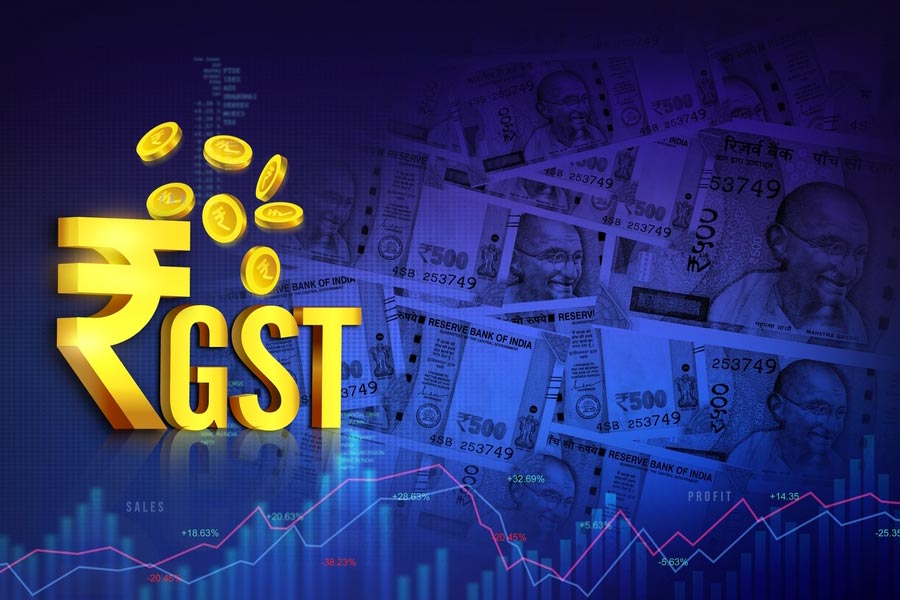The Central Board of Indirect Taxes and Customs (CBIC) has introduced amendments to the Goods and Services Tax (GST) rules, allowing entities not required to register under the GST Act to obtain a Temporary Identification Number (TIN) for specific tax payments.
The move follows a recommendation from the GST Council last month to streamline compliance for entities that occasionally need to make tax payments. The CBIC notification specifies that tax officers can issue a TIN through Part B of Form GST REG-12, while Part A remains designated for businesses mandatorily requiring GST registration.
Under GST rules, businesses must register if their turnover exceeds ₹40 lakh in manufacturing or ₹20 lakh in services. For Special Category States, the threshold is ₹10 lakh, with exceptions for states such as Assam and Jammu & Kashmir, which adopted the higher ₹40 lakh limit.
The CBIC also announced a waiver of excess late fees for filing annual returns (Form GSTR-9) and reconciliation statements (Form GSTR-9C) for financial years 2017-18 to 2022-23. The waiver applies if the reconciliation statements are filed by March 31, 2025. However, no refunds will be issued for late fees already paid.
The GST Council clarified that late fees is applicable for delays in filing complete annual returns, and the waiver is limited to the amount exceeding the stipulated fee at the time of filing.
The GSTR-9 is an annual return summarising sales, purchases, and taxes for businesses with an annual turnover above ₹2 crore, due by December 31 of the following fiscal year. GSTR-9C is a self-certified reconciliation statement mandatory for entities with turnover exceeding ₹5 crore in a financial year.

